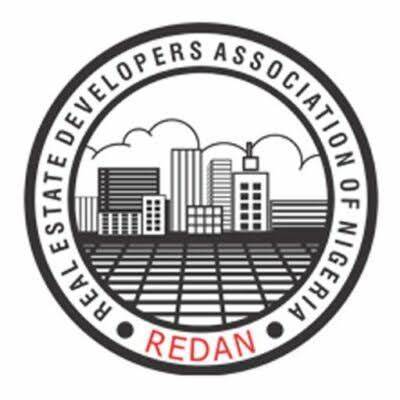The Real Estate Association of Nigeria (REDAN) has disclosed that the Real Estate Bill if passed into law would address the numerous challenges housing sector developers face in delivering quality and affordable housing.
The President of the Real Estate Developers Association (REDAN), Alhaji Aliyu Wammako, who disclosed this in an interview in Abuja, said all the challenges that had been hindering the association and other stakeholders in the sector to deliver on their mandates of quality and affordable housing is because there is no law backing it up.
He said signing the bill into law would curb fraudulent practices in the business of real estate development and ensure real estate businesses conform to the National Building Code.
To tackle all the numerous challenges facing the sector, the Real Estate Bill has to be passed into law. This will help to effectively regulate the real estate sector, giving the body the power to regulate the sector and take better charge of the activities of our members’’, he said.
READ ALSO: Inflation hits developers, REDAN seeks govt intervention
He also called for the recapitalisation of the Federal Mortgage Bank of Nigeria (FMBN) to strengthen it further to deliver on its mandate of providing mortgages for citizens.
Also speaking on challenges in the sector, the Managing Director, Branosh Project, Limited, Mrs. Rachel Osheka, a building development consultant, said the acquisition of housing development was a major challenge facing developers.
According to her, many developers face the problem of land acquisition for development.
“Especially in the FCT, to get land is not easy because as we all know it is the government that owns land and even the Federal Government has issues with states releasing lands”.
“Even when the land is made available the cost can discourage many developers because after all you are in business to make a profit if you have to spend all in purchasing land, where will get the money to engage the real professionals for the job”.
“Hence, if Nigeria must meet up with the Millennium target of housing for all, it must start seeing developers as partners in progress, because it will make the land cheaper to acquire and thereby reduce the cost of construction in the long run”.
“Another serious issue is that of insecurity and political instability, which discourage foreign investment and increase construction costs, all of these things have a rippling effect on housing delivery”.
Speaking on the issue of developers selling skeletal structures (carcass) to buyers, he said sometimes, subscribers prefer this because it is cheaper for them.
“Most people prefer to buy those skeletal structures because to them the money they pay to purchase it is less than when it is a completed house”.
“Again some of them want to buy it at that stage and now redesign it to their taste”.
“Many times when people buy these completed houses they pull it down and build new ones because they assume that the construction was not good enough”.
“For us as developers, it is what the customers want that we deliver, people that want completed houses and can pay for them”.
“For me as a developer the ultimate of all business is to make a profit, though the profit in skeletons is marginal but in the long run a lot of burden is lifted from our shelter and we go on to develop other structures’’.
READ ALSO: Abbey Mortgage Bank Empowers Women Entrepreneurs In Real Estate
SOURCE: Blueprintng




